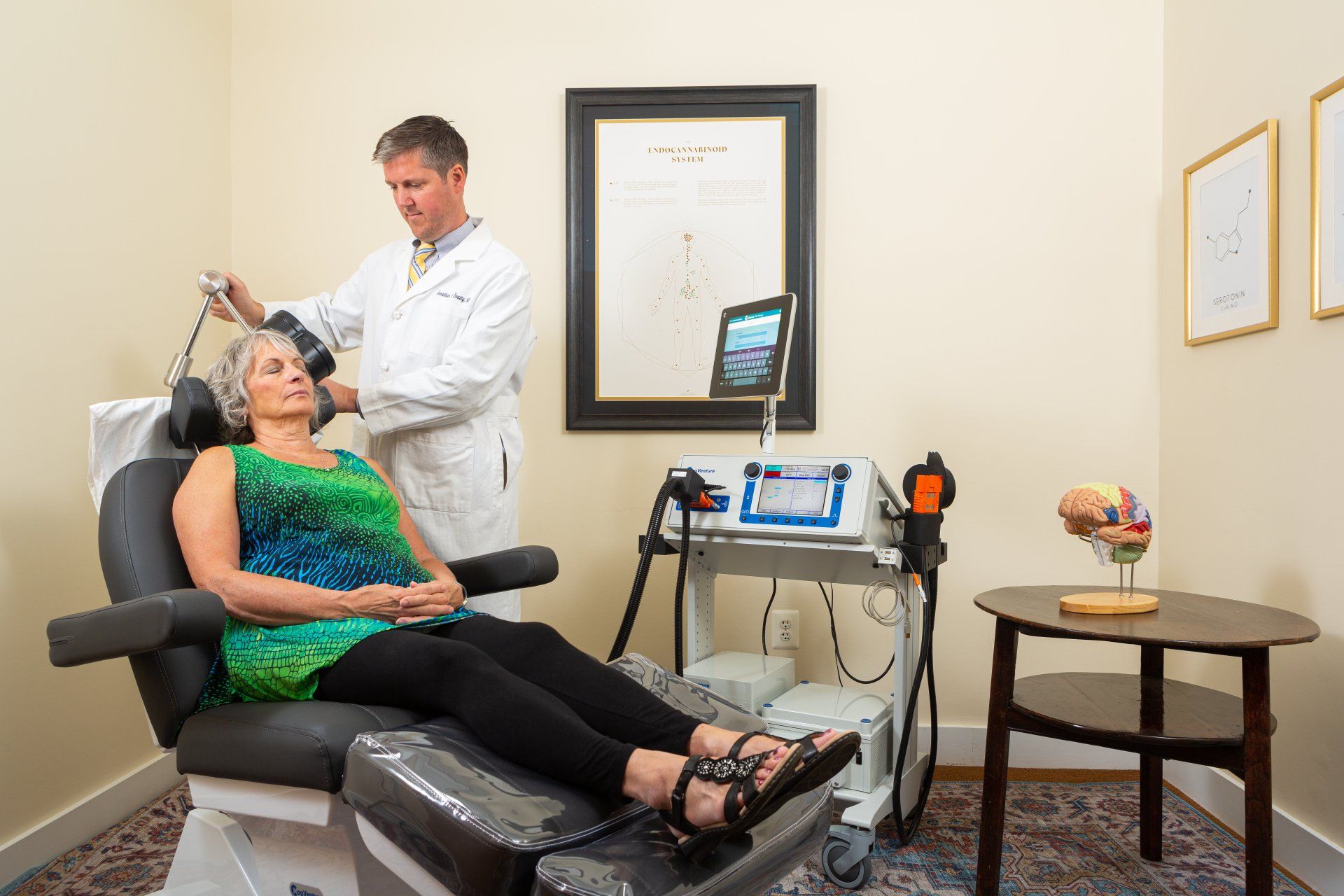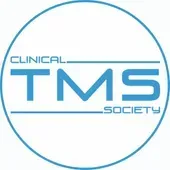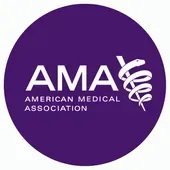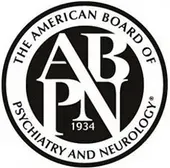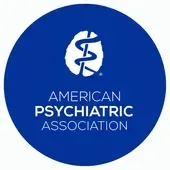Is TMS Therapy Covered By Insurance?
Wave Treatment Centers
Transcranial magnetic stimulation or TMS Therapy is a form of treatment that uses magnetic fields to stimulate the brain. It has been used for many years in Europe and Asia as an alternative or complementary therapy. However, practitioners in North America did not often use TMS for treatment-resistant depression until recently. If you are wondering, “Is TMS therapy covered by insurance?” read to learn more.
What is TMS Therapy?
Transcranial magnetic stimulator (TMS) Therapy is a safe, non-invasive, FDA-approved treatment for depression. It works by stimulating the areas of the brain responsible for emotions, memory, and concentration. This stimulation helps restore normal function and balance to these parts of the brain. As a result, the patient feels relief from symptoms.
TMS Therapy is usually done using a device called a transcranial magnetic stimulator (TMS). The TMS machine sends short bursts of high-frequency magnetic pulses through the scalp. Practitioners direct these pulses at specific points on the surface of the brain. Each pulse stimulates only a small area of the brain, so the entire head receives no more than 20 treatments per session.
The TMS machine generates a very low current electrical charge. The amount of energy delivered to each part of the brain depends upon the strength of the magnetic field produced by the TMS machine. In other words, the stronger the magnetic field, the greater the number of pulses delivered to that spot. The TMS machine delivers the magnetic pulses through a coil placed over the top of the skull while a computer controls the delivery of the pulses.
Is TMS Therapy Covered by My Insurance?
TMS Therapy can be covered by insurance if you have been diagnosed with major depressive disorder, dysthymia (chronic mild depression), bipolar I or II disorders, or other mood disorders. If your doctor recommends TMS as a treatment option for your condition, your health plan might cover the costs. Still, you should check with your insurance company to determine whether they cover TMS therapy.
Does Medicare or Medicaid Insurance Cover TMS Therapy?
Depression is one of the most common mental illnesses affecting people around the world. According to one study , depression has tripled since 2020 and the start of the pandemic. The good news is Medicare and Medicaid cover up to 80% of the cost of TMS Therapy.
If you qualify for Medicare coverage, you may be able to get TMS covered under Part B. You must first apply for Medicare before you can receive TMS therapy. To learn more about this process you’ll need to reach out to Medicare.
If you qualify for Medicaid coverage, you may be eligible for TMS therapy if you meet all of the following criteria:
- Diagnosis of major depressive disorder (MDD) by a licensed psychiatrist
- Several unsuccessful attempts at counseling or psychotherapy
- No response or reduced symptoms with any type of antidepressant medication
What Insurance Companies Cover TMS Therapy?
Several major insurance companies cover TMS therapy, as long you meet the requirements. Insurance companies usually cover therapies deemed medically necessary. Therefore, you might need to exhaust other types of therapies before TMS. However, if you have treatment-resistant depression, you have likely attempted all other therapies with little to no effect.
Insurance companies that might cover TMS Therapy include:
- Aetna
- Anthem
- Blue Cross/Blue Shield
- Cigna
- Humana
- Kaiser
- Tricare
- United Healthcare
With a major insurance provider, you will likely have coverage for TMS therapy. Still, not all insurance companies will cover TMS therapy, and you will need to consider other payment options.

What Can I do if TMS Coverage is Denied by Insurance?
Unfortunately, not all insurance companies will cover TMS Therapy. Insurance companies have several reasons for denying coverage. Perhaps they only cover TMS with a high-tier plan, leaving you denied if you have less expansive coverage. Maybe coverage for TMS therapy is only applicable when you’ve tried all other means of treatment first. Nevertheless, if you need or want to try TMS therapy, you need to know how to pay for it.
While your insurance companies might not pay for TMS, many healthcare providers offer payment plans or financing options. You might qualify for medical financing depending on your needs and income. In addition, your provider might base treatment costs on your income, also known as a sliding-scale payment option.
How Can I Get TMS Therapy Covered By Insurance?
In addition to looking into payment plans, you want to do all you can to ensure coverage for TMS therapy. While TMS therapy might be less expensive out-of-pocket than other treatment options, costs are often a barrier for many who need treatment.
Things that will help your gain insurance coverage for TMS are:
- A letter from your doctor stating you have a diagnosis of major depressive disorder (MDD).
- Your medical records show you have received other forms of treatment for MDD, including psychotherapy, antidepressants, electroconvulsive therapy (ECT), and/or ECT combined with antidepressants.
- Your medical history shows no previous head injuries.
How Does TMS Work?
TMS Therapy works by stimulating the areas in the brain responsible for emotions and thought processes. When the brain is functioning normally, it produces certain chemicals that help regulate our moods and behavior. However, when we experience depression, our brains produce less of these chemicals. As a result, we feel sad, anxious, angry, or depressed.
When we receive TMS Therapy, the magnetic pulses stimulate the areas of the brain that control emotion and thought. This increases the production of the chemicals needed to regulate our moods and behaviors. After receiving TMS therapy, patients often report feeling happier, calmer, less stressed, and less angry.
Why Should I Choose TMS Therapy Over Other Treatments?
TMS Therapy is a safe, effective way to treat depression. Unlike medications, TMS therapy does not cause side effects such as drowsiness, weight gain, dry mouth, constipation, blurred vision, headaches, nausea, vomiting, dizziness, or weakness. It also does not require long-term use as antidepressants do.
Other benefits of TMS therapy include:
- It’s non-invasive. Patients don’t need surgery or anesthesia. They simply lie down in a quiet room while their heads are exposed to a powerful magnetic field.
- The therapy doesn’t require time off work or school. Most patients can resume normal activities immediately after they finish their sessions.
- TMS therapy requires training from doctors and therapists. Doctors who specialize in treating depression usually recommend TMS therapy because they know how effective it is. Therapists who specialize in working with people suffering from depression are trained to administer TMS Therapy.
- It offers a high rate of success. Many patients find it more effective than medication. In fact, many studies show that TMS therapy is just as effective as antidepressant drugs.
- It also costs much less than traditional treatments. A typical course of TMS therapy lasts about 30 minutes. That means a patient only needs to pay $150-$200 per session. Compare that to the hundreds of dollars required to purchase antidepressant medications every month.
TMS Therapy in Philadelphia, PA
Stop letting mental disorders run your life. The time to get help is now. Even if you have not had valuable results from traditional treatments, TMS therapy can help. If you would like to learn more about TMS Therapy in Philadelphia, Pennsylvania please call us or use our contact form. We look forward to hearing from you.
The post Is TMS Therapy Covered By Insurance? appeared first on WAVE Mental Health Treatment Centers.
Schedule Your Consultation
Chestnut BLOG Form Submission




